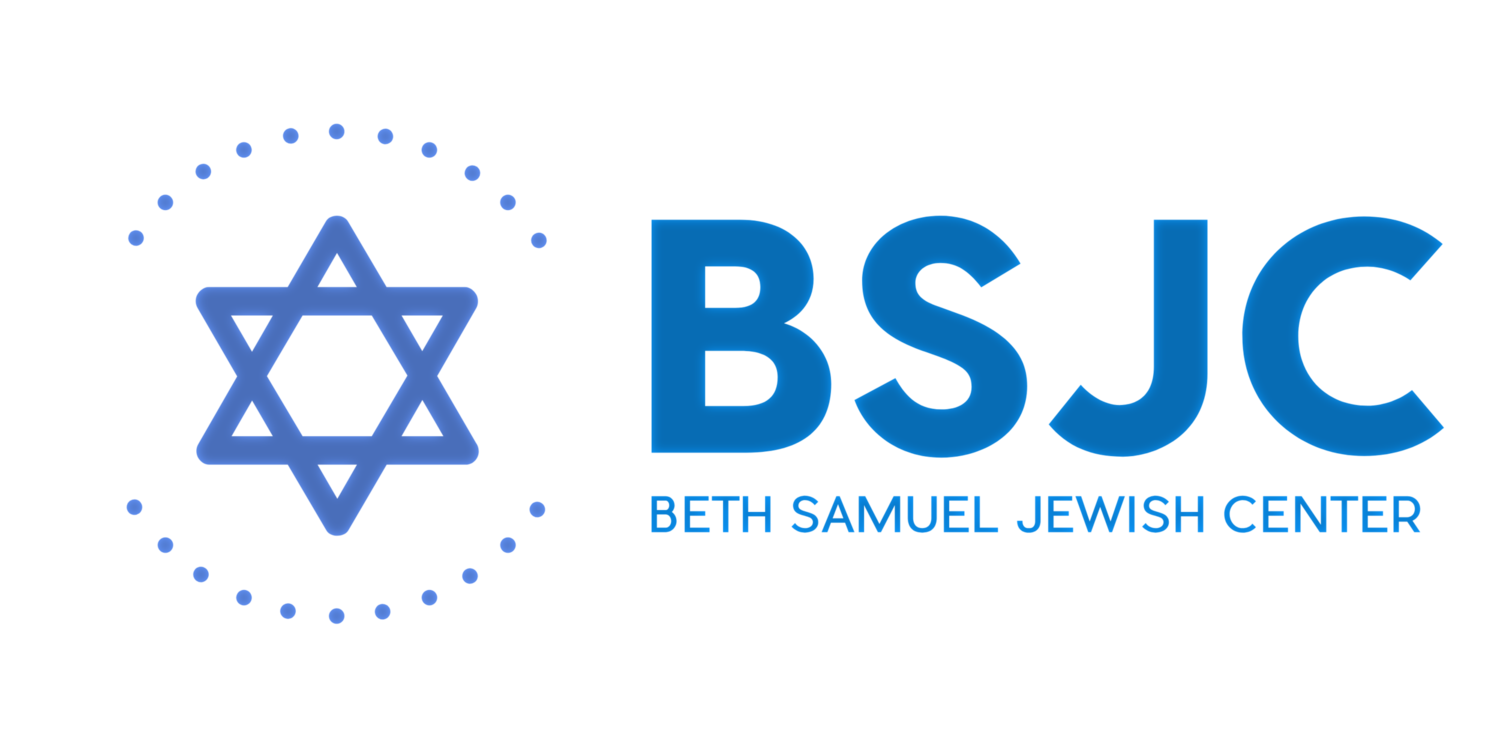April 2024 - How Can We Celebrate the Passover This Year?
/Last month I raised this question referring to Purim. Now we look for meaning in a holiday that represents redemption in a time when freedom for some is not at hand.
The story of Passover is written in the first person and the Haggadah is a mirror. We see ourselves in it, as we are supposed to, and we tell the story to our children. As we swim in history at the seder, we will question (not just those 4!), we will sing as the Israelites did at the Sea of Reeds, and we will praise (Dayenu!) our Creator.
We also wonder how to experience redemption when some of us remain as hostages. When have we needed Hatikvah, hope, more than right now? Hope has been the key to Jewish survival and it will always be, even now. The story of the Exodus embraces Divine power and we need to keep exercising our own power by donating, praying, and working toward peace.
Another thing we might do is to add a symbol of hope to our seder plate. Think of something you could add to yours. Bring your ideas to our Congregational Seder on Tuesday, April 23. Be sure to RSVP promptly and reserve your seat. We will be using a new Haggadah this year, too, and it will be a history-filled, song-filled, food-filled evening. I look forward to seeing you there!
B’shalom,
Cantor Rena

